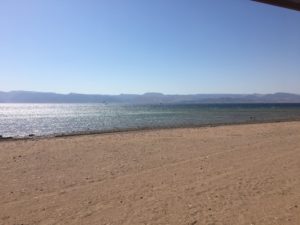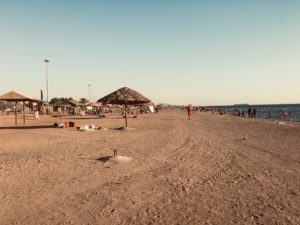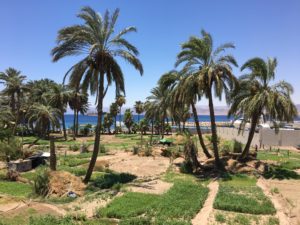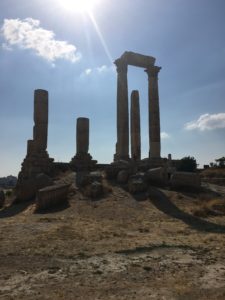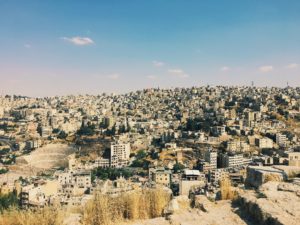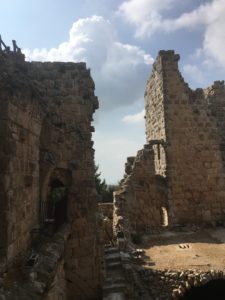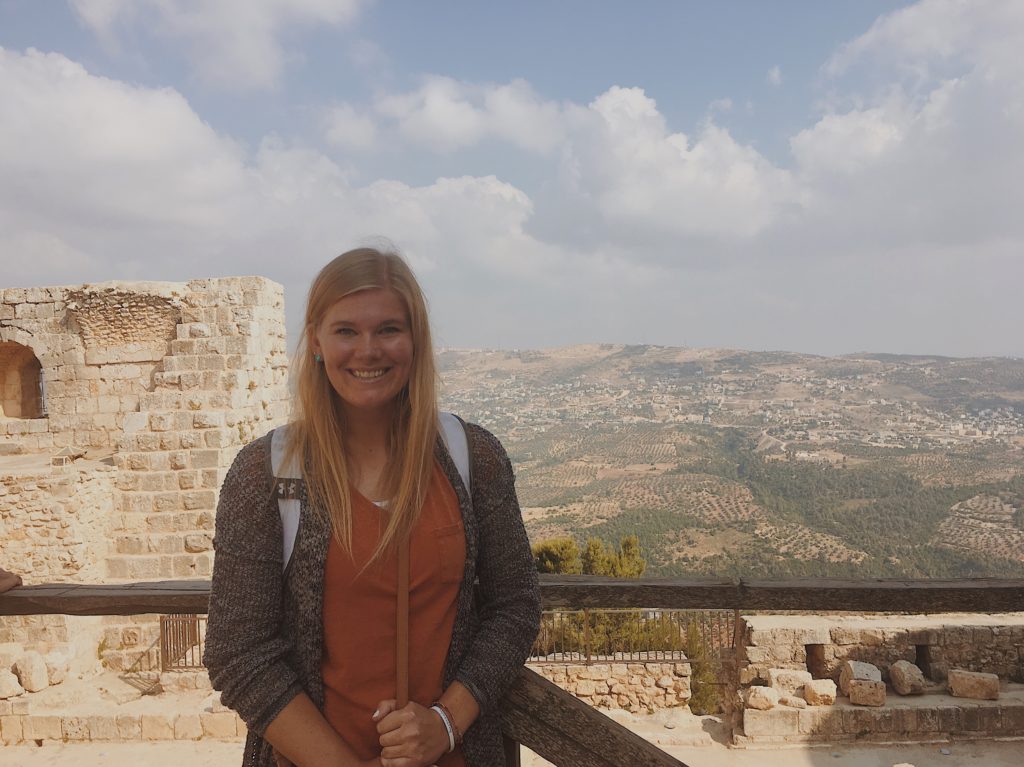An old topic that has gained more attention recently has been Jordan’s role in the Israeli-Palestinian peace talks. Jared Kushner recently meant with King Abdullah to negotiate what Jordan would find acceptable in a potential peace agreement. Jordan plays a vital role for many reasons such as the incredibly large Palestinian population in Jordan, Jordan’s proximity to the area, and it’s role as one of the Arab countries that have formal relations with Israel.
I sat down and talked with my host family about this issue and what they would support. Most host parents both agreed that at the very least there should be a two-state solution with an officially recognized Palestine. They firmly believed that the land ultimately belongs to the Palestinians and that the Israelis were given the land because other countries felt bad following World War II, which was not the fault of the Palestinians in any way. They also want Palestinians that decide to remain in their homes within Israeli territory to be treated equally. Right now they are discriminated against in terms of housing, jobs, and many other ways.
My host brother (19) had a more extreme view and said that in an ideal world all of Israel would be given back to the Palestinians, and this is something that he hopes will still happen. He said he didn’t have anything personal against the Jews as a people, but he believes they had no right to the land. It was just given to them without any consultation with Arab/Palestinian leaders, and ever since then, they have continued to treat all Palestinians and Arabs without respect. He thinks that Israel is also used as a base by other countries to separate the Arab countries (both geographically and politically) from being more of a united force. He said that if people really wanted to give the Israelis a land, why weren’t they given a place in America or a place in Europe? They weren’t because no one wanted to deal with the issue, or the places were viewed as too anti-Semitic, so instead, they made their problem the Arabs’ problem and washed their hands of it.
I would say that the parents’ views are almost directly in line with what the Jordanian government is taking. They are firmly stating that the Palestinians should have some formally recognized state, and should be treated much better in Israeli borders. My host brothers point of view may sound radical, but it’s fairly common from what I’ve heard from others. Jordanians don’t have any personal problems with Israelis, but they have serious problems with things the country has done. Palestinian refugees/immigrants made Jordan’s population increase by almost 50%, a load that took a heavy toll on a small economy and limited natural resources. This meant that there were more people, and fewer jobs, meaning that Jordanians were harmed too.
With my background, I didn’t realize how sore and deep-rooted of an issue the Palestinian-Israeli situation was for all Arabs. I feel that they are often vilified and portrayed to be attacking Israel when in reality many people wouldn’t respond in the nicest way if a new country was made in a land that already had people in it, and those people were then treated like second-class citizens. It reminds me of how colonizers treated Indians in some ways. We now look back on that as a shameful time period, or series of actions and I think that once/if this issue gets settled, people will realize how raw of a deal many Palestinians got. It is important to note that I don’t think the Israeli’s bear too much blame for the origin of the problem either, although both sides have not helped by treating each other so poorly. Truly, the problem lies with Western countries (the allies post-WWII) deciding to dump one of their problems onto someone else. In doing so they created a much bigger problem that is still the source of a lot of tension and violence today.
